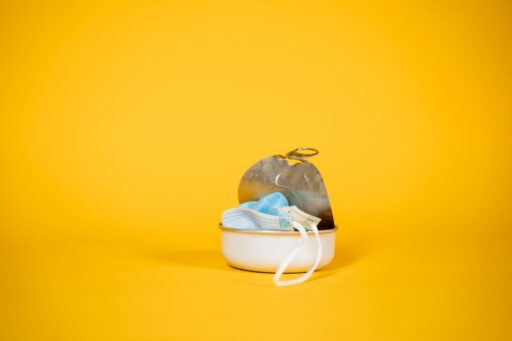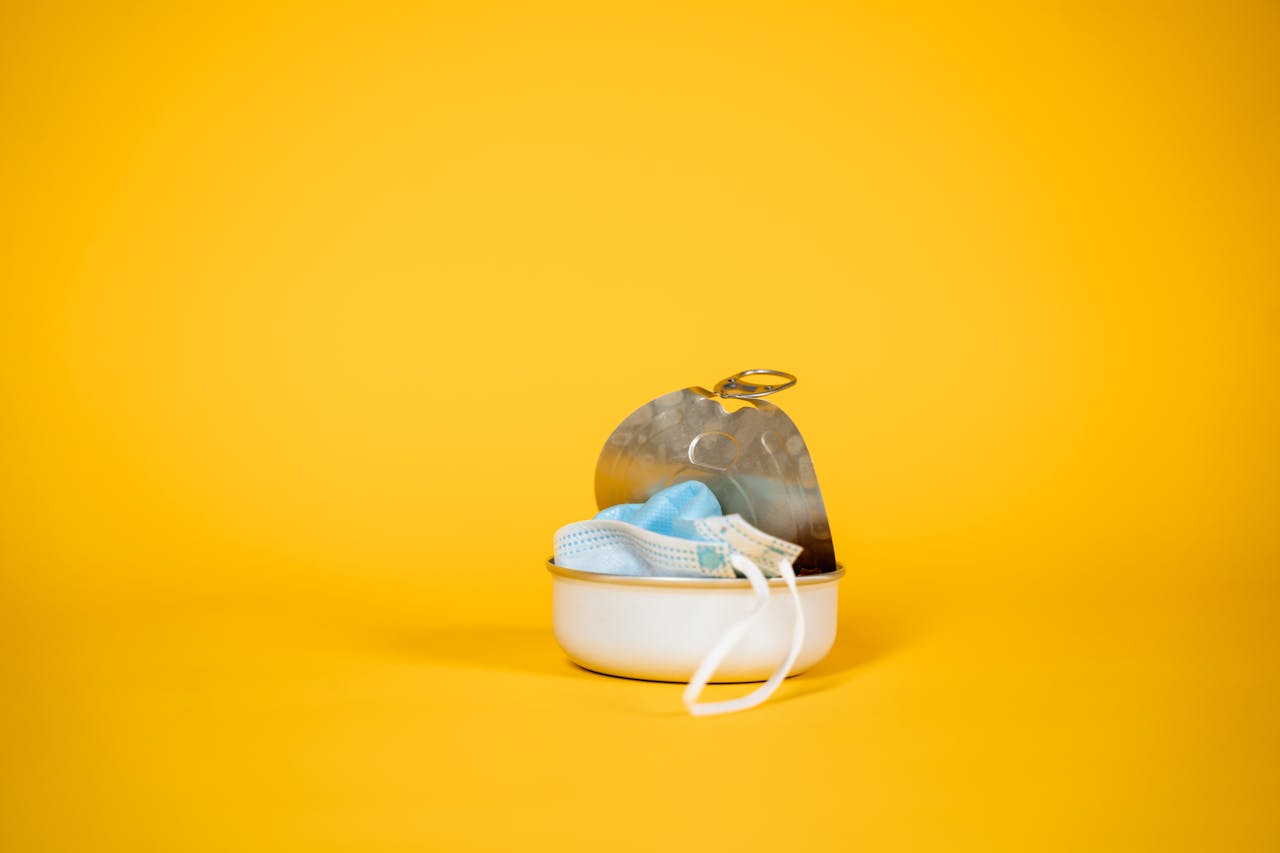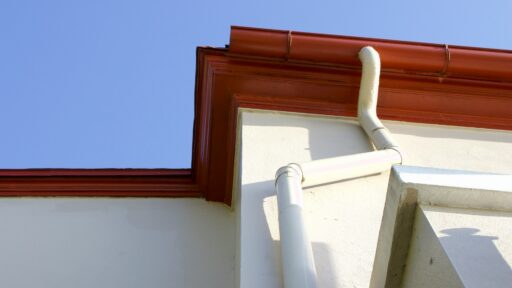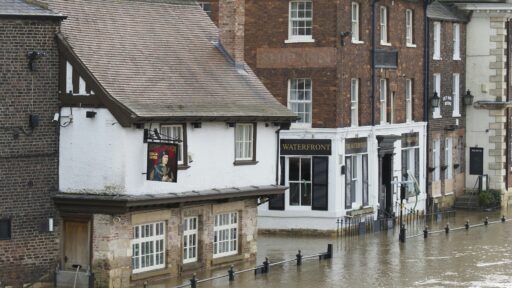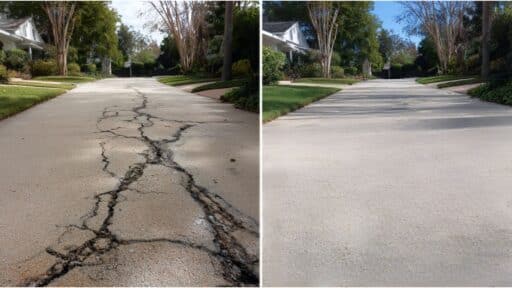Medical advancements have created equipment and treatment plans to manage the most severe diseases, even at home. Patients can easily receive at-home medical treatment for chronic conditions and acute illnesses. However, this generates large quantities of medical waste in residential settings. These include medical items such as needles, drugs, and PPE that may be contaminated with bodily fluids, pathogens, and harmful chemicals.
Most people are unaware of proper storage and disposal practices, which can lead to health and safety hazards. Sharps can cause injuries, whereas children and pets can get accidentally poisoned by medications. Considering the adverse impacts on health and the environment, it is crucial to adopt more effective and eco-friendly techniques for medical waste disposal.
Improper disposal of medical waste affects households, communities, and the environment. There is a need for proper segregation at the source and hiring professional trash services to ensure safe disposal and protect residents, sanitation workers, and the general public. This blog explores the top five types of hazardous medical waste at home, like sharps, medication, and medical devices. Understanding their impact and proper disposal helps prevent serious health risks and environmental issues.
Used Needles and Sharps
Sharps include any sharp-edged medical items that can puncture the skin, like lancets, needles, and syringes. Used sharps contain infectious pathogens that can spread diseases and infections. They pose a serious threat to patients, caregivers, other residents, and sanitation workers. Most common household sharps include insulin syringes for diabetic patients, EpiPens for allergies, and syringes used for other medical conditions of family members or pets.
Improperly discarded sharps can lead to injuries and the spread of serious infections like HIV and hepatitis to waste handlers and the general public. A large number of medical workers and sanitation workers get injured by sharps every year. Sharps should not be stored carelessly and disposed of in general trash, as they can also contaminate other wastes and cause health issues in home settings.
Proper segregation and disposal of sharps can help prevent all these health hazards. Used sharps should be stored in an FDA-approved special container that is leak-proof and puncture-resistant. Such containers are easily available in pharmacies or online stores. These containers should be properly covered with a lid, labeled, and disposed of before they get full and overflow. They should be kept out of reach of children and pests. Contact local disposal programs or trash disposal services regarding proper disposal guidelines. Many communities provide take-back programs through pharmacies, hospitals, or waste management agencies for safe and convenient disposal of sharps from residential areas.
Expired or Unused Medications
Pharmaceutical waste includes expired, unused, or contaminated drugs at home. From medications for common issues like fever and cough to severe issues such as chronic pain conditions, medicines are the most common medical waste from households. Once people recover from their conditions or the medicine expires, it is thrown in the trash or flushed down the toilet. Medicines contain different chemicals that pollute water and soil in the surrounding area.
Proper disposal of medication is very important to prevent accidental poisoning of kids and pets. Discarded opioids and other medications might be retrieved and misused by people, leading to substance abuse and addiction. Medication flushed down the toilet also has an environmental impact. Pharmaceuticals in water systems have been linked to hormonal dysfunction in fish, antibiotic resistance in bacteria, and long-term pollution of water supplies.
Medicine should be properly labeled and stored in safe containers, away from the reach of children and pets. If you regularly dispose of medications, installing a pharmaceutical waste container at home is a safer solution. Medical centers and pharmacies conduct regular drug take-back programs, while some communities offer drug mail-back programs for the safe disposal of pharmaceutical waste.
Contaminated PPE
Personal protective equipment used during the care or treatment of patients at home is also considered hazardous waste. It has been common in households since the COVID-19 pandemic. These include gloves, masks, and face shields. When thrown out with regular trash, PPE can lead to the spread of serious infections. The non-biodegradable nature of PPE means an increased pressure on landfills and the environment.
For proper disposal, all PPE should be sealed properly in separate bags. They should be double-bagged if they are visibly soiled. The bag should be labeled ‘medical waste’ or ‘biohazard’ as required by local guidelines for disposal. Plastic PPE should never be recycled due to the risk of contamination. Check with your local waste management services regarding the safety protocols for disposal.
Biohazardous Waste
Any item contaminated with blood, bodily fluids, and infectious materials is considered biohazardous waste. Biohazardous waste at home includes blood-soaked bandages, used gloves and gauze, and menstruation and feminine hygiene products. These are generated from tending to wounds, injuries, or medical conditions at home. If these materials contain bloodborne pathogens from patients, they are considered infectious waste. These may spread infections quickly and should be discarded properly without contaminating other wastes or infecting family members and waste handlers.
If material is visibly soaked in blood or other fluids, it should be treated as biohazardous waste. Precautions are necessary while dealing with blood-stained materials. Make sure to double-bag the waste in leak-proof plastics. Label and properly place them in rigid containers marked ‘Biohazard’ to ensure safety and prevent leaks. Research medical waste disposal programs in your area. There might be a medical waste drop-off site or a professional trash company that collects medical waste safely from home.
Medical Equipment and Batteries
Technological advancements have introduced different medical equipment and devices that elevate quality of life for patients. However, once these devices stop working, they become electronic and hazardous waste with health and environmental risks. Items like glucometers, thermometers, hearing aids, and mobility aids with batteries come under this type of waste.
A broken thermometer can cause injuries, respiratory problems, and nervous system damage while polluting the environment. Lithium batteries from medical devices can cause fires in garbage vehicles and landfills if punctured or overheated. Safe disposal of these items is required to protect public health and the environment.
The batteries can be removed and recycled through e-waste programs. Mercury thermometers should never be thrown in regular trash and instead sent to mercury exchange or recycling programs. Broken devices can be returned to manufacturers or recycled in e-waste recycling facilities. Find out about safe and responsible disposal programs for medical equipment in your area.
Manage Medical Waste Disposal
While medical equipment and items are vital for the care and treatment of patients, they also threaten public health and the environment. Sharps, unused or expired medicines, biohazardous materials, medical equipment, and contaminated PPE are common. Make sure to store and dispose of these wastes properly by following safety guidelines and disposal techniques to ensure the safety of your family, sanitation workers, and the general public, and protect the environment from contamination. Research and participate in community events and programs for the eco-friendly and effective disposal of hazardous medical waste.

